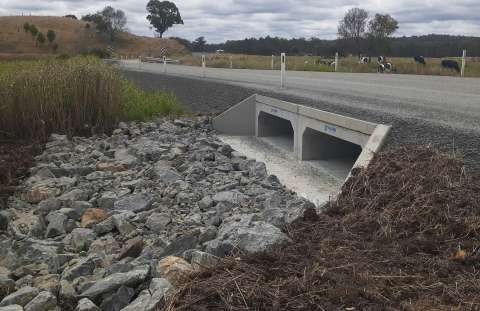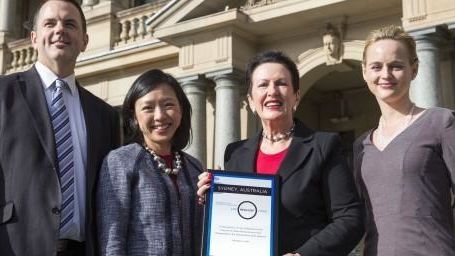Federal and State governments must introduce a wider range of housing stimulus measures to help the Australian economy recover, new AHURI research has revealed.

The research, ‘Responding to the pandemic, can building homes rebuild Australia?’ was undertaken by researchers from Curtin University, University of Sydney and University of Adelaide, and assessed various ways that stimulating the housing industry can help rebuild an Australian economy ravaged by the COVID-19 pandemic.
Lead researcher and Director of AHURI’s Curtin research centre Professor Steven Rowley said the research demonstrated that investment in non-residential construction had the most positive impact on the economy, followed by residential construction and then infrastructure spending.
“We found support for the federal government’s HomeBuilder stimulus package among industry stakeholders, and it has certainly had a positive impact on new development activity in most States. But there are concerns around some of the administrative settings and, in terms of scale, the federal government needs to do more to deliver a major impact on the economic recovery,” Professor Rowley said.
The report found the suite of housing-related fiscal and policy measures released by the State and Territory Governments to revive economic activity had made a positive impact. These included home buyer incentives and tax concessions, as well as a range of programs tailored to fast-track housing and infrastructure development projects, while several jurisdictions increased, or brought forward, funding for the purchase, construction and upgrade of social housing.
Professor Steven Rowley said the research identified that further stimulus measures are likely to be required into 2021 as the impact of the first round of consumer incentives ends and building activity falls as a result. However, a one size fits all stimulus such as HomeBuilder was not likely to be effective.
“Housing markets across the country have very different characteristics, are at very different stages in their recovery and therefore require different types and levels of intervention,” Professor Rowley said.
“Further stimulus measures need to be targeted at markets most in need of support and government needs to work with industry to identify the most effective interventions. Some markets will recover much quicker than others and may not need further support.”
The research also examined a range of proposals from organisations in the housing industry to stimulate construction and the economy, many of which support the large-scale funding and development of social housing which could have a multi-billion-dollar impact on the economy.
“Over $5.5 billion was pumped into social housing in response to the Global Financial Crisis. A similar level of spending now would deliver short term benefits for the housing industry and longer-term benefits for those most in need of affordable housing,” Professor Rowley said.
The research recommended reform of a number of tax settings that could aid a market recovery, including stamp duty reform, and encourage institutional investment in housing.
“Never has there been a better time to create the conditions for institutional investment in rental housing where returns are potentially more stable than other property sectors,” Professor Rowley said.
“Government also needs to be cognisant of changing patterns of consumer demand and invest in areas where demand pressures exist, particularly regional Australia where markets are often slow to respond to demand changes.”
The report can be downloaded from the AHURI website at https://www.ahuri.edu.au/research/final-reports/341.







